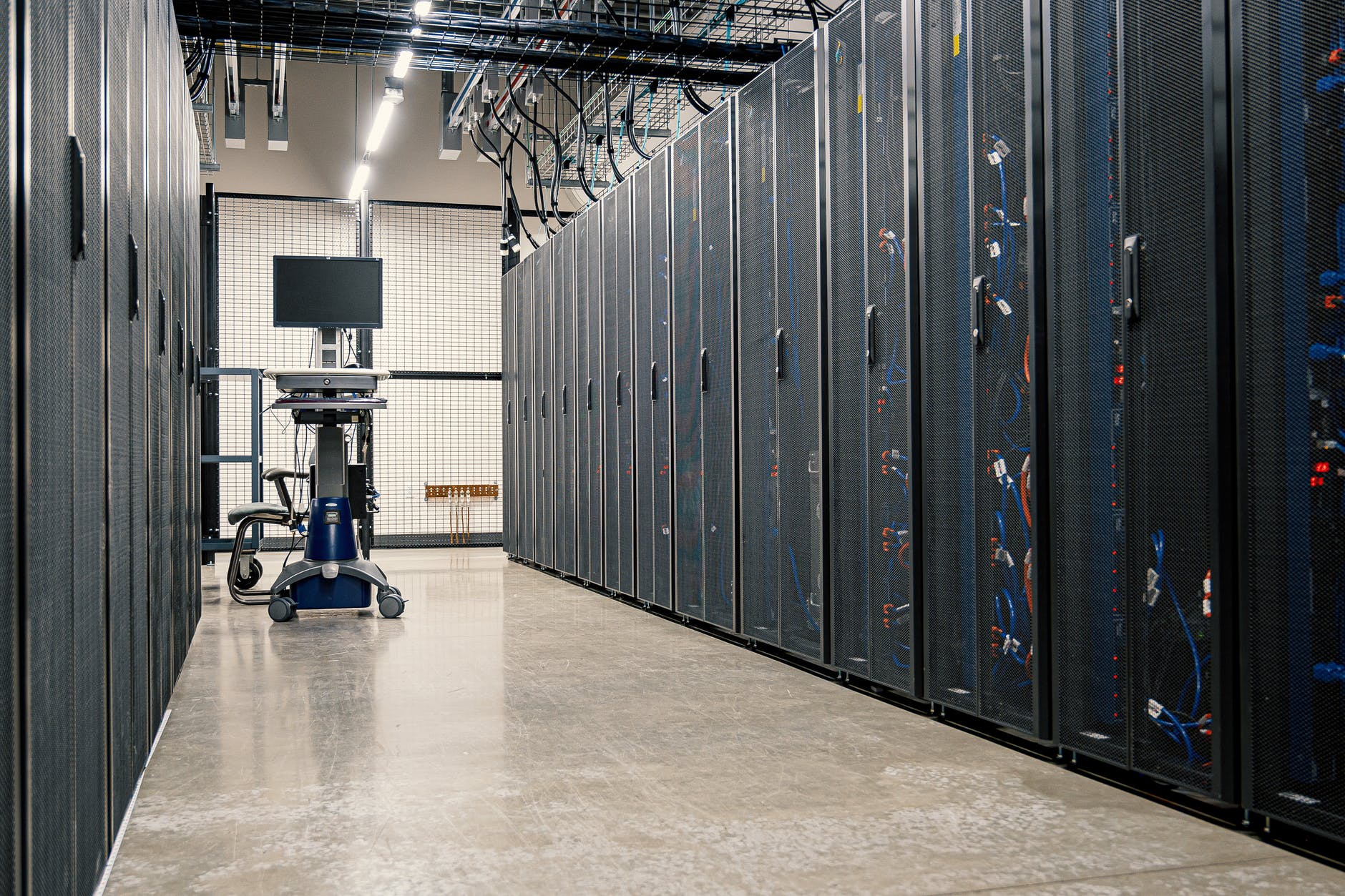
As your business exponentially grows, the amount of internal and external data it accumulates also grows exponentially with it. Therefore, controlling and preserving your data would be a struggle without a database or at least an organized database.
Businesses need a database on which to store important information. While it may seem as though a centralized database on a local network is sufficient, this would be incorrect. There are many benefits to having a centralized multi-site database that can keep track of inventory and product sales across your company, no matter how large it gets.
What is a centralized database?
A centralized database collects information or data to a single location that can be accessed through different points. This is the direct opposite of a distributed database where the information is spread out across different sites. Of course, a centralized database has its pros and cons, which is why it’s important to figure out first which kind of database your business should have.
The main advantage of a centralized database is its ability to access information in one location. Also, searches in the database would be faster since the search engine would only search for information in a single location. Because of this, the organization is easy and fast.
Moreover, it would be easy to upgrade your database to handle more information since you’ll only add servers to a single location without allocating upgrades to other locations.
But just as mentioned earlier, there are also disadvantages to centralized databases. A centralized database can lead to bottlenecks when multiple users need access at the same time.
Also, since you only have a single location for all of your data, it can spell disaster when something happens to it. This is especially true if you don’t have a backup. Your network would be highly vulnerable when something bad happens to it.
This is in contrast with distributed databases because of their lack of redundancy. In distributed databases, when a server is down, the network can still work as a whole. But what are other benefits that centralized databases can bring to the table?
Here are some of them.
Improves Data Preservation
Centralized databases offer improved data preservation due to several things. PCs and laptops seldomly offer fault tolerance, which is a feature that allows them to continue operating after a hardware failure. Due to the lack of fault tolerance, your data will be at risk of being lost. That said, a centralized database includes a fault tolerance setup to preserve your data better when a hardware issue comes up.
Data Integrity
Data integrity is arguably the most important aspect of a centralized database. For your database to be perfect, there shouldn’t be redundancy in your data. Repetitive data could compromise your database’s security protocol. That’s why with a centralized database, your data would be easier to update, allowing you to remove any duplicates in your database immediately.
Ease of Learning
Another benefit of a centralized database is that users only need to learn one system. All processes that the company has will only be stored to a single access point. Hence, this will lower the learning curve for end-users.
Improved Physical Security
Locally stored data always presents an ongoing physical security risk, such as stolen laptops, broken PCs, etc. Moreover, it would be dangerous if you left your PC unattended and an unauthorized person accessed your database.
That said, with a proper server room with top-notch security, as well as inside encryption, no one would be able to access your database.
Improved Reliability and Speed
A centralized database often requires higher quality components, which makes it more reliable than local storage. Also, with centralized storage, virtualization and access would be easy if anyone needs to access information. Finally, the best feature of centralized databases is that updates would be accessible to all end users, not to mention fast.
Reduced Costs
With centralized database management, the costs are far lesser than maintaining multiple access locations for your database. A central server is far less costly, especially if a company has different branches. Just imagine how costly it would be if a company has multiple branches worldwide and every one of them has its database. Maintaining these databases would be a nightmare, not only to costs but also to operations.
Final Words
A centralized database is a good option if you have fast updates, access, and storage. However, it also has its disadvantages. But when it comes to those disadvantages, having a good software provider is beneficial like dbvisit.com. As long as your database is protected, you don’t have to worry too much about security risks and data recovery.
